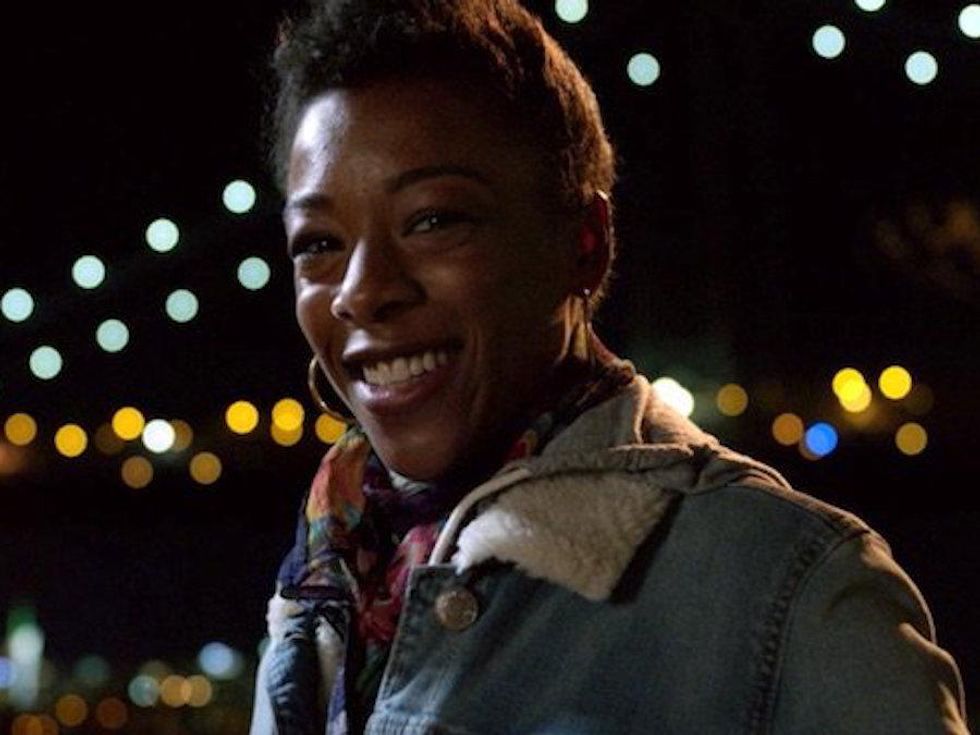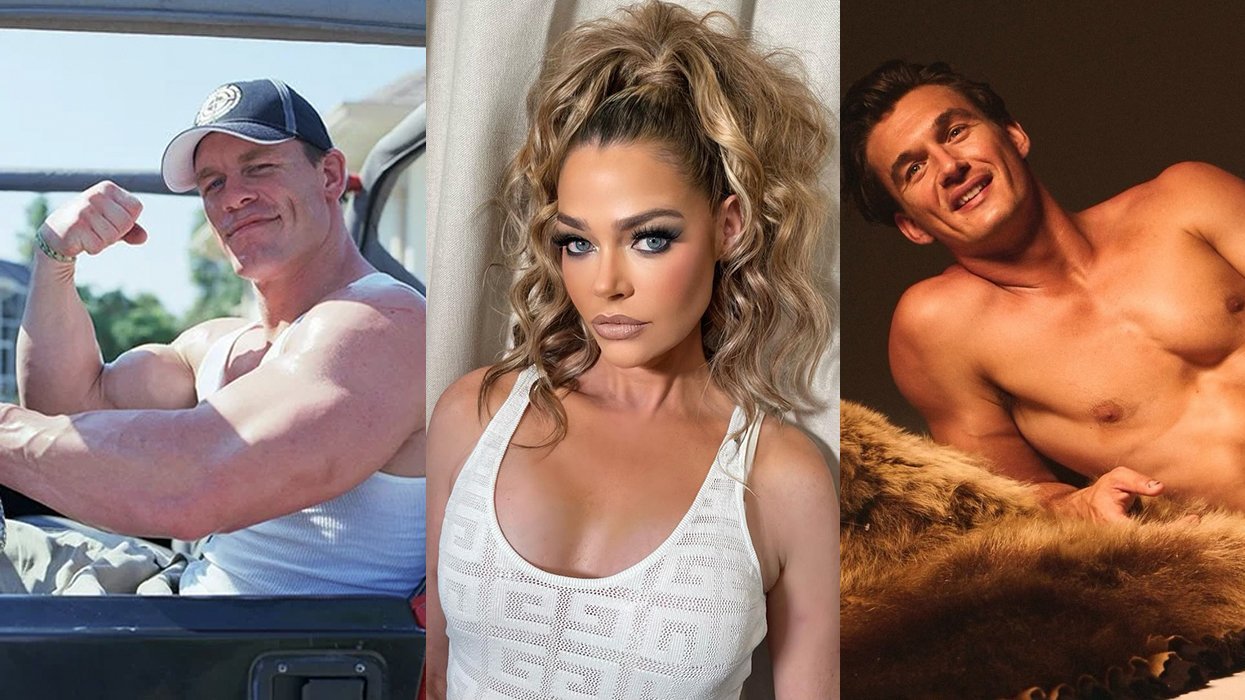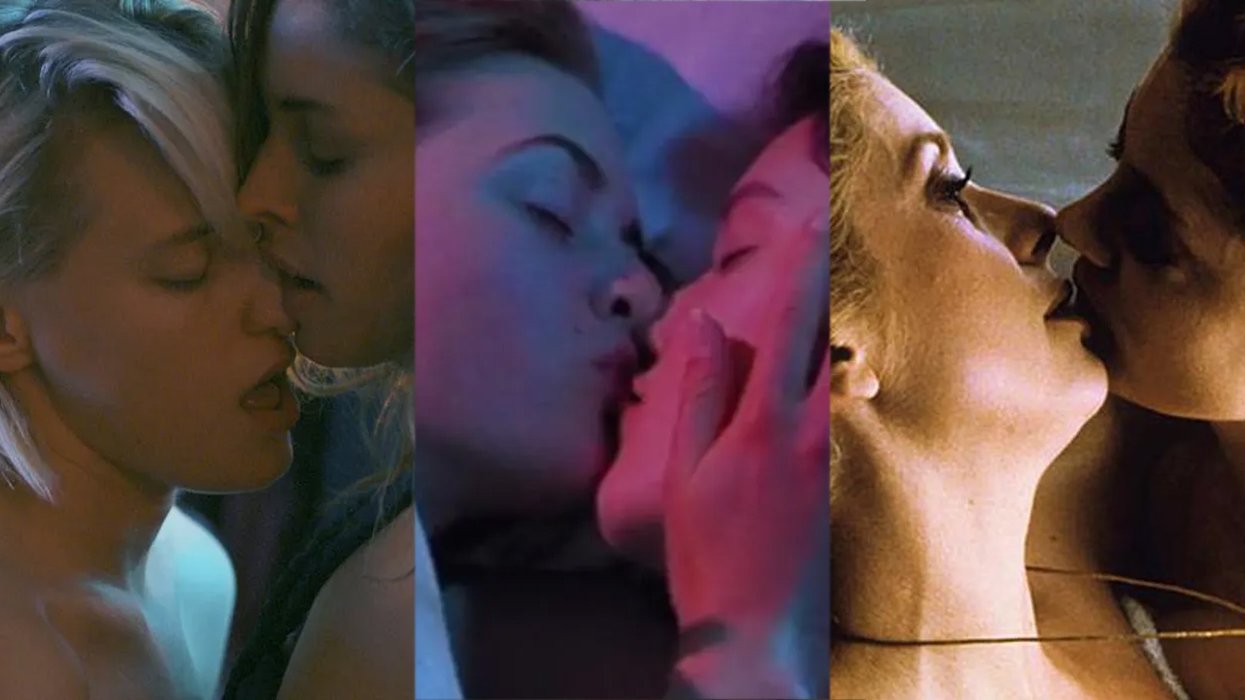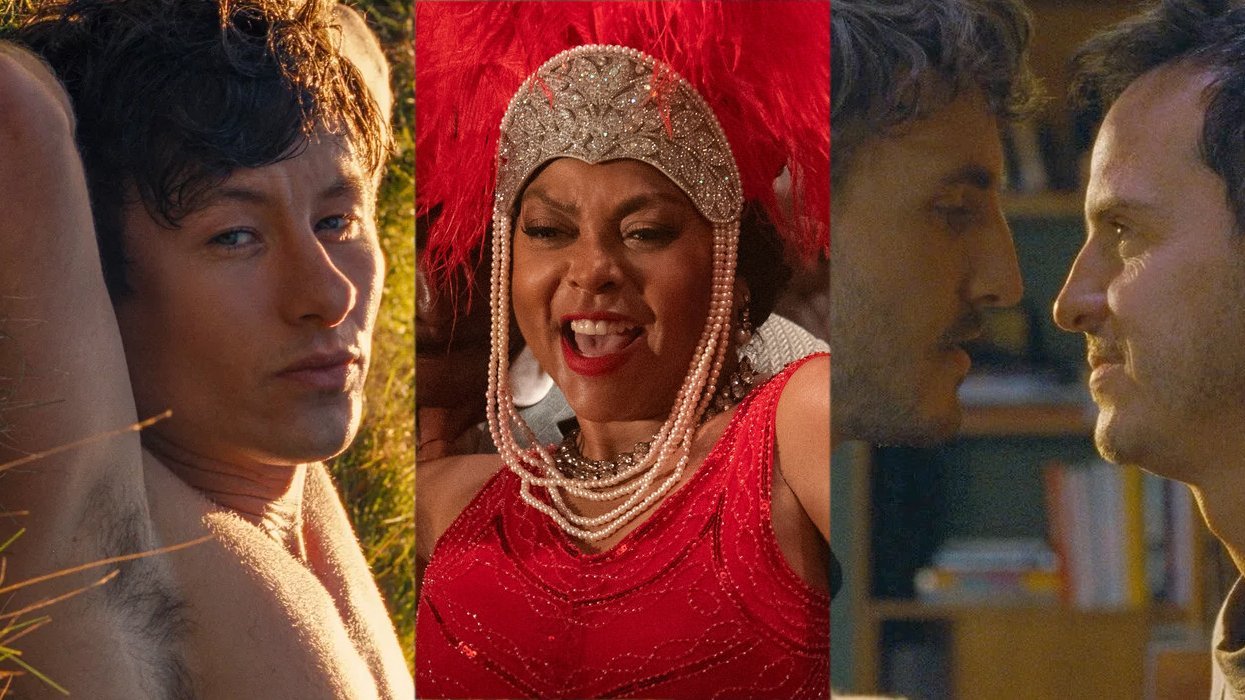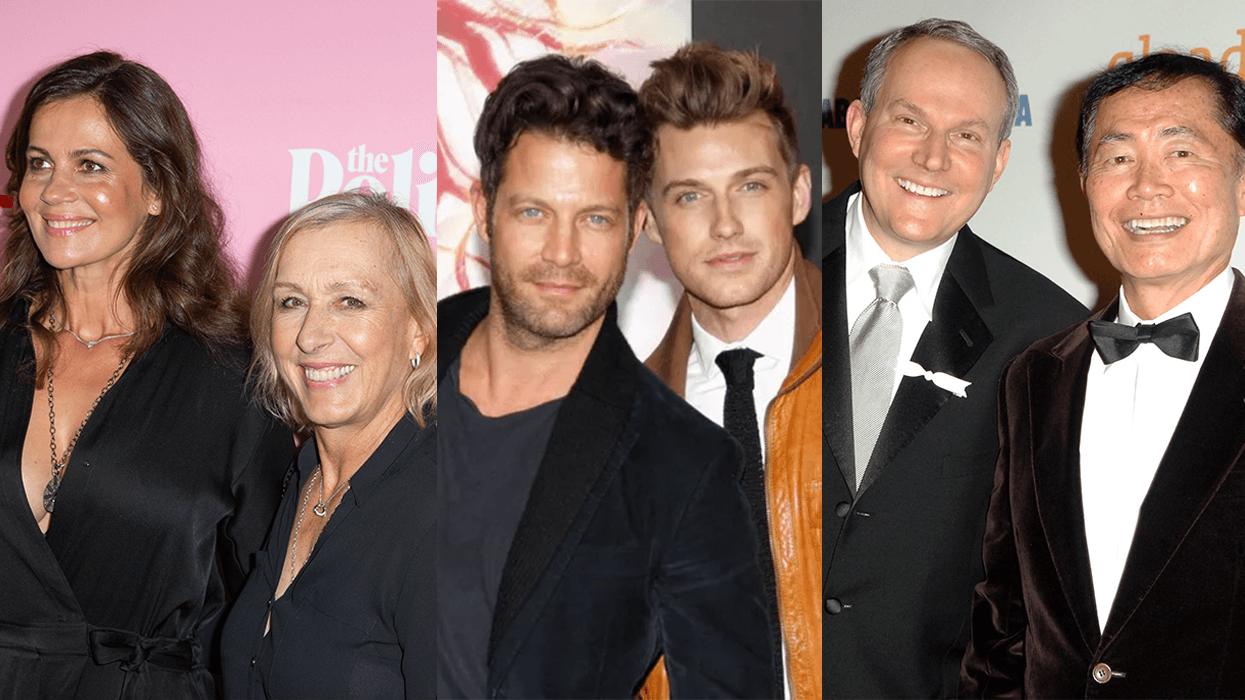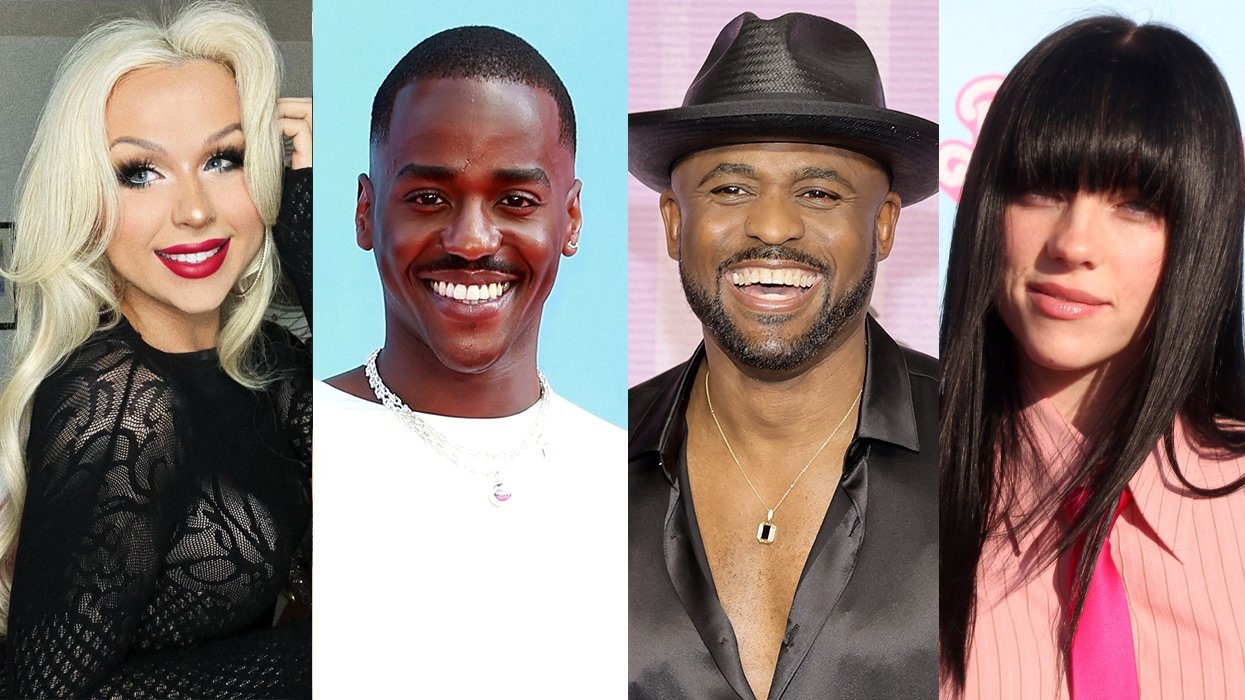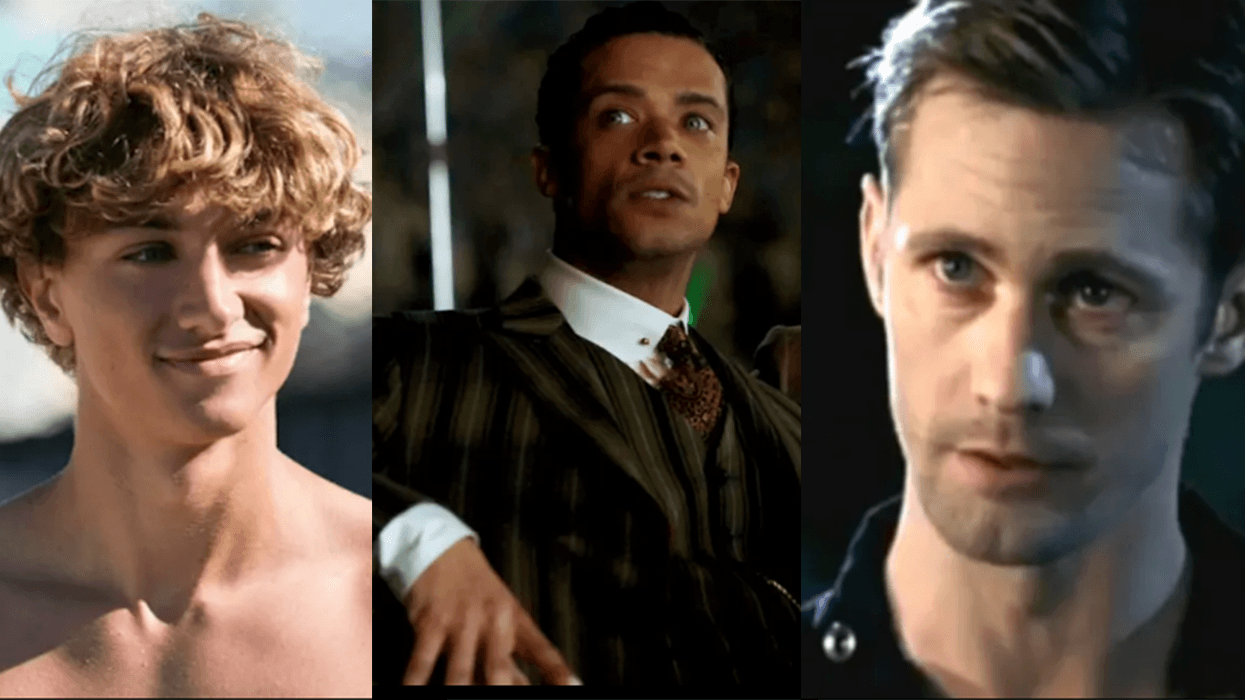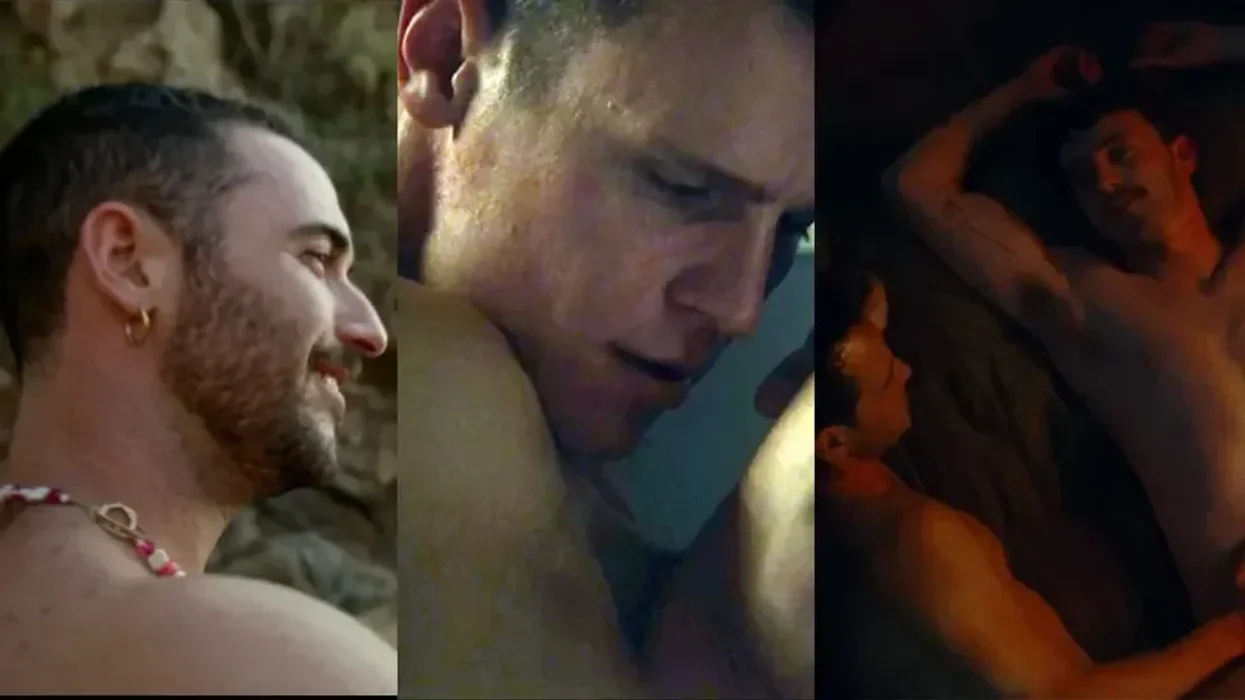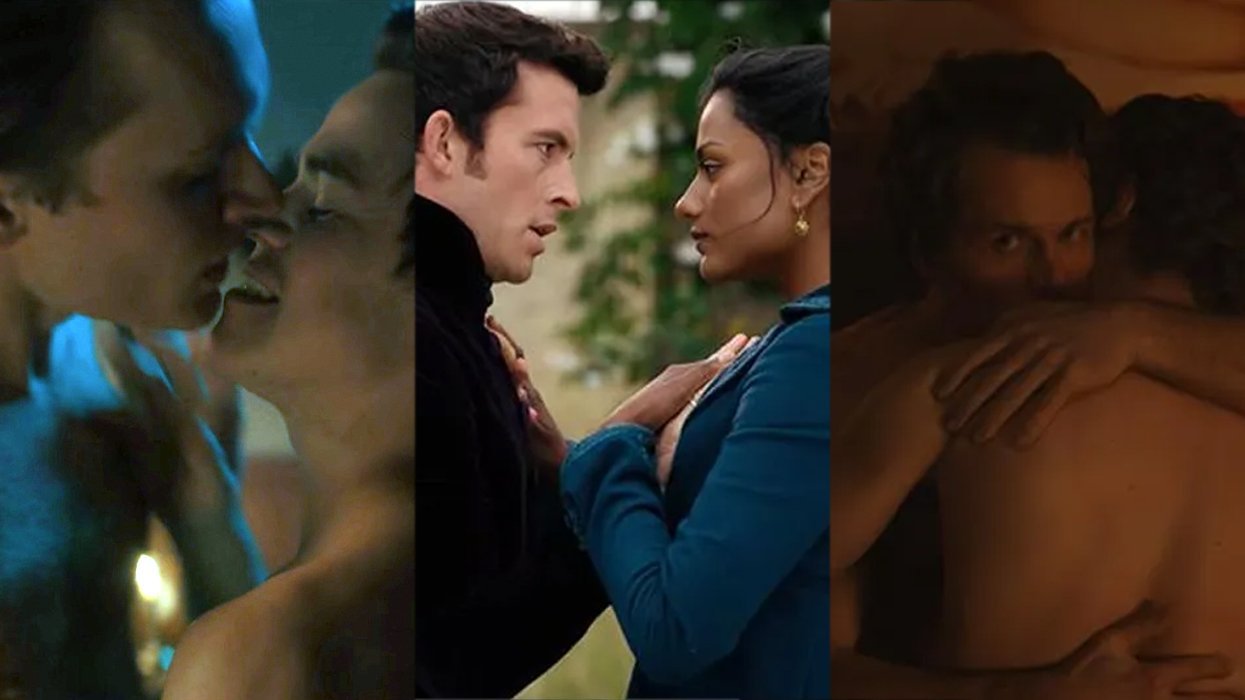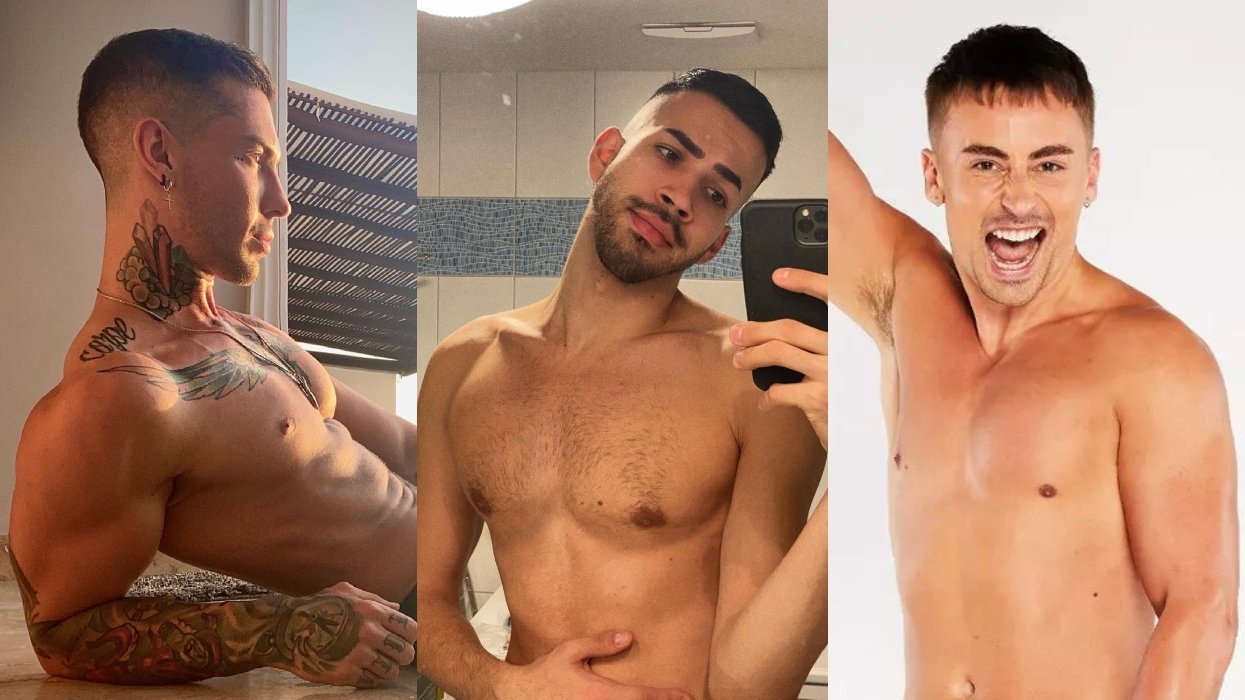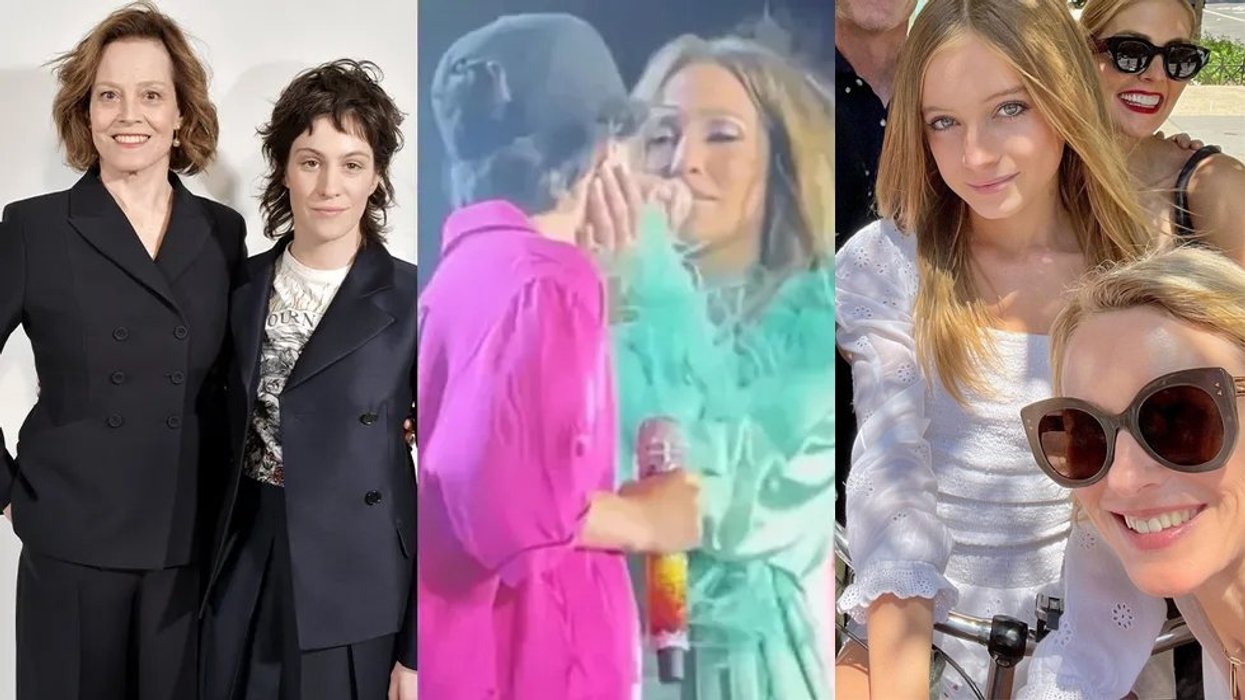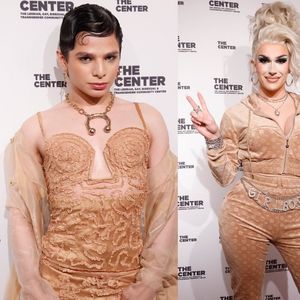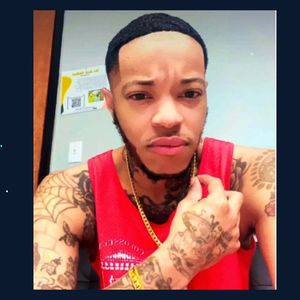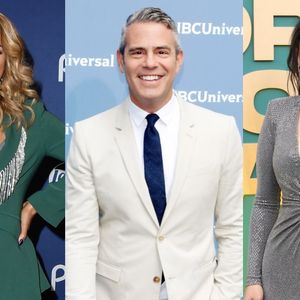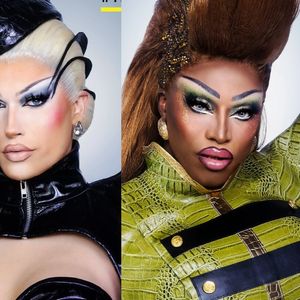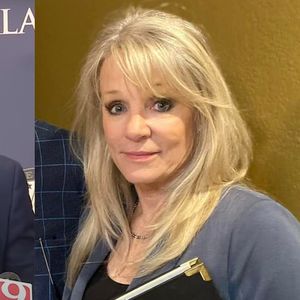Warning: This article contains spoilers for Orange Is the New Black and The 100.
Last March, The CW’s apocalypse drama The 100 made headlines for killing off a lesbian character with a stray bullet moments after she had sex with her love interest. The death of Lexa has been evaluated extensively, but what it ultimately came down to was this was a lesbian warrior and leader who was killed off the battlefield, accidentally, right after one of her only moments of happiness on the show. A bit unjust, eh? Just a smidge. Queer audiences were irate, many claiming that Lexa served as a real-life role model to those who couldn’t find one in their lives. Money was even raised for the Trevor Project in solidarity with folks who had felt personally affected.
At this point, the Lexa conversation has pretty much been exhausted, and we’ve broken down the TV queer female murder epidemic as much as we possibly can. However, when the newest season of Orange Is the New Black dropped, we were faced with yet another crushing blow: the death of Poussey. Played with pure, unyielding charm for four years by fan-favorite Samira Wiley, Poussey was arguably the show’s most beloved character. She’s never once been problematic, she exists to be basically a ball of sunshine — a lovable goofball and loyal friend, with emotional personal demons to work through and a bright future. And not even a hypothetical one: this season, celebrity chef Judy King offers to set Poussey up with a job when she gets out of Litchfield. Last season, Poussey was struggling with alcoholism and depression, this season she’s swooning over her new girlfriend Soso, TA-ing cooking class, and flashing that winning smile at every possible second. It’s charming…and then it’s manipulative. But that’s only because, well, it’s supposed to be.
(RELATED: Samira Wiley Talked Season 4's Big Scene, and Here's What She Had to Say)
Poussey was killed by a confused, baby-faced correctional officer during a peaceful protest that ended up violent when the C.O.s got involved. The officer, Bayley, was holding Poussey down while trying to fight off an unhinged Crazy Eyes, and Poussey ended up suffocating. It’s been openly discussed by Samira herself that this death is a direct reference to the real-life deaths of Eric Garner and Mike Brown. The season featured its fair share of Black Lives Matter references, and the aftermath of Poussey’s death is clearly in line with reality. Samira points out in her interview that it wasn’t a “thoughtless” decision, but I don't think anyone’s arguing it was. If anything, we’re all a bit gutted by just how planned out it all was.
The first question, of many, here is — is it valid to manipulate the events of your TV show to make a political statement? This happens constantly, but that doesn’t mean we don’t need to raise eyebrows. In The 100, while Lexa’s death was tasteless and upsetting, it was part of a major arc that did come to a conclusion where that event made sense overall. It just happened to be written by people who were not focusing on how personal it would be for some viewers. Poussey’s character, it seems, was deliberately given a good situation — a happy relationship, a potential job — to make it all that much more devastating when that was taken away. When the prison’s PR people search for a reason to blame Poussey for her death, they literally can’t locate a single negative thing about her. She’s an angel, the show admits that. OITNB even takes a step out of its model to highlight Poussey’s existence in the final shot of the season, and while it is thoroughly chilling, it’s literally a deviation from the entire model of the show. After you break the fourth wall, who knows what could happen? As a viewer who hopes to rely on natural storytelling within the world that’s been built, it’s going to be hard to step back into Orange Is the New Black’s next season knowing what they’re willing to do to make a statement. Balancing the responsibility of social justice and storytelling — that’s a tough position to be in, and for some, it’s already failed.
Now, to be clear, I’m a fan of this season. I enjoyed the arcs, I think the writing is sharp and the acting is brilliant and (other than most of the choices Piper makes) it’s incredibly compelling. I also understand that my particular life experience as a white viewer guides the background I come in with for this show. In any case, no show’s ever going to appeal to everyone. However, it is safe to say a show should probably strive to appeal to the audience about which it’s making a statement. In my personal case, I was bemoaning the fact that Poussey was now in the body count of dead lesbian characters that just keeps growing.
What I truly had to stop to realize was that — hey, at least this is a fictional epidemic. The think pieces on Lexa’s death and apparently 10% of dead TV characters this year who were LGBT women (what a gross statistic, by the way) were all rooted in unreality. Obviously, there are real-life tragedies that are constantly at the surface regarding the LGBT community, but this specific situation was limited to our TV screens. However, by incorporating the Black Lives Matter movement and taking steps to replicate real life events, OITNB stepped into murky territory, especially considering that, surprise, the show doesn’t have any black writers. Out of 16 staff total staff writers, one is Latino, one is Asian, and the rest are white. Well, that clears up some of the confusion as to why this season could never quite be as rooted in reality as it was hoping. Because I decided I am not the person whose experience qualifies her to best unpack the emotions surrounding Poussey's death in relation to the Black Lives Matter movement, I decided to chat with people for whom it felt personal.
“They dropped the ball initially by not having any Black women in the writer’s room. Storyline wise there are people (myself included) where dying by the hands of law enforcement is a big reality,” explains Bilal Shelby, a TV and comic book critic/commentator who focuses on the intersection of race and gender. “We don't need to be convinced that this happens. So, in essence, this wasn't for the Pousseys and the Taystees and the Cindys and the Janaes. This was for the people who needed to be convinced this happens. This was for the privileged to understand or be entertained.”
Bilal's points, as upsetting as they may sound to some, are also true. Recently, I got into a small fight with a white friend who argued that as long as OITNB’s writers are talented, their race shouldn’t matter. However, this is a show that strives to make important, weighted statements about the black experience, and there’s nearly no excuse to not employ a black writer. There are 16 people writing for the show, so if “art reflects life,” as Samira put it in her interview, isn't the writer’s room a great place to start?
“The black experience is so different, you can only really write it or do it justice if you've experienced it,” says Chicago-based visual artist Sam Muhammad. “The black characters are more like caricatures of black stereotypes. We see them, but they have no depth. When they introduced a black Muslim on the show I thought we would learn a little bit about her hardships and not that she'd be used as a plot device for Black Cindy to bicker with. When they started discussing ‘can black people be racist against other minorities,’ I thought viewers would be informed by a serious conversation about racism vs prejudice when it comes to being minorities in America. I didn't think it'd be brushed comically brushed aside."
Of course, these opinions do not represent the entire black viewer base of OITNB, and knowing that is part of why this conversation is important. We can't get every perspective, but we can hear some varied ones, and what Sam highlights does demonstrate the type of material we're missing out on. My white OITNB fan friend (somewhat unyieldingly) refused to back down on her opinion that OITNB had successfully made the points it was hoping for. She admitted it was a complicated situation to be in, but she supported the choice to make Bayley the killer and thinks of it as a substantial positive that white audiences can be educated on issues they might only see at the fringes of their lives. True, but this also leads right into the argument that this show is written for white audiences, so a white audience member proclaiming it succeeded is perhaps not the angle that's going to save the day. When educating white audiences about the Black Lives Matter movement comes at the expense of alienating a portion of your black audience, that's not a great price to pay.
“They dropped the ball once they killed a Black queer Masculine of Center woman for whiteness to be educated/entertained,” Bilal laments. “There are ways to support Black lives, Black Queer lives, Black Queer Women's lives, Black Queer Women who are incarcerated than to take away their representation to make a point.”
Bilal goes on to say that the next season will be difficult for him to watch. “After the trauma Sophia, Maritza, and Suzanne went through, and to top it off with P dying, I don't trust this show not to trigger its audience who have dealt with transmisogyny, abuse by law enforcement/men in power positions, mental illness, etc. It's one thing to put your female characters of color in peril, but to spend extra time humanizing your white female characters (even the Nazis) and the guard who killed Poussey, kills so much of your good will to me.”
Ironically, having these discussions about Poussey’s death and reading about the real-life consequences on viewership have been much more educational to me as a viewer than the show itself. In many ways I am left wondering how to reconcile being a fan of Orange Is the New Black while understanding it’s rejecting many of its audience members to cater to others. I’m sure OITNB is opening the eyes of white audiences, and that, in many cases, the death of Poussey was the first somewhat intimate introduction of the reality and the terror under which some people live day to day. That’s what it takes sometimes, and that’s not terrible. However, it is part of our education to not shut down or invalidate the opinions of black audiences because we don’t live through this like they do. We don't get to pat ourselves on the back because we're so cultured for watching a show with a diverse cast. It is part of our education to keep learning once the bingeing of Netflix is over for the day. It's imperative.
It’s okay to like a show and admit it has some pretty glaring flaws. It's okay not to be ashamed of your viewing experience because of the lens you see it through. I still enjoy Orange Is the New Black, and I like even more that it's encouraged me to escape the world of the show in search of real answers. Let’s accept that the representation is flawed, the reality is difficult, and it’s our responsibility to understand why. Let’s continue to open our minds, have these conversations, and, well, hope OITNB diversifies their writers room a little. If anything, I think we all agree that couldn’t hurt.
